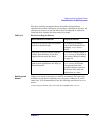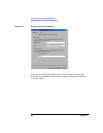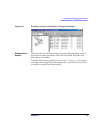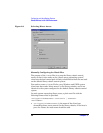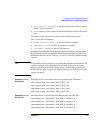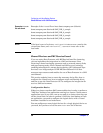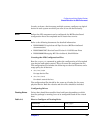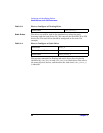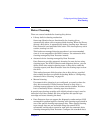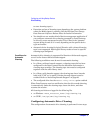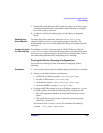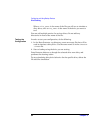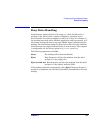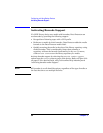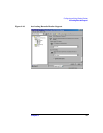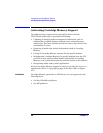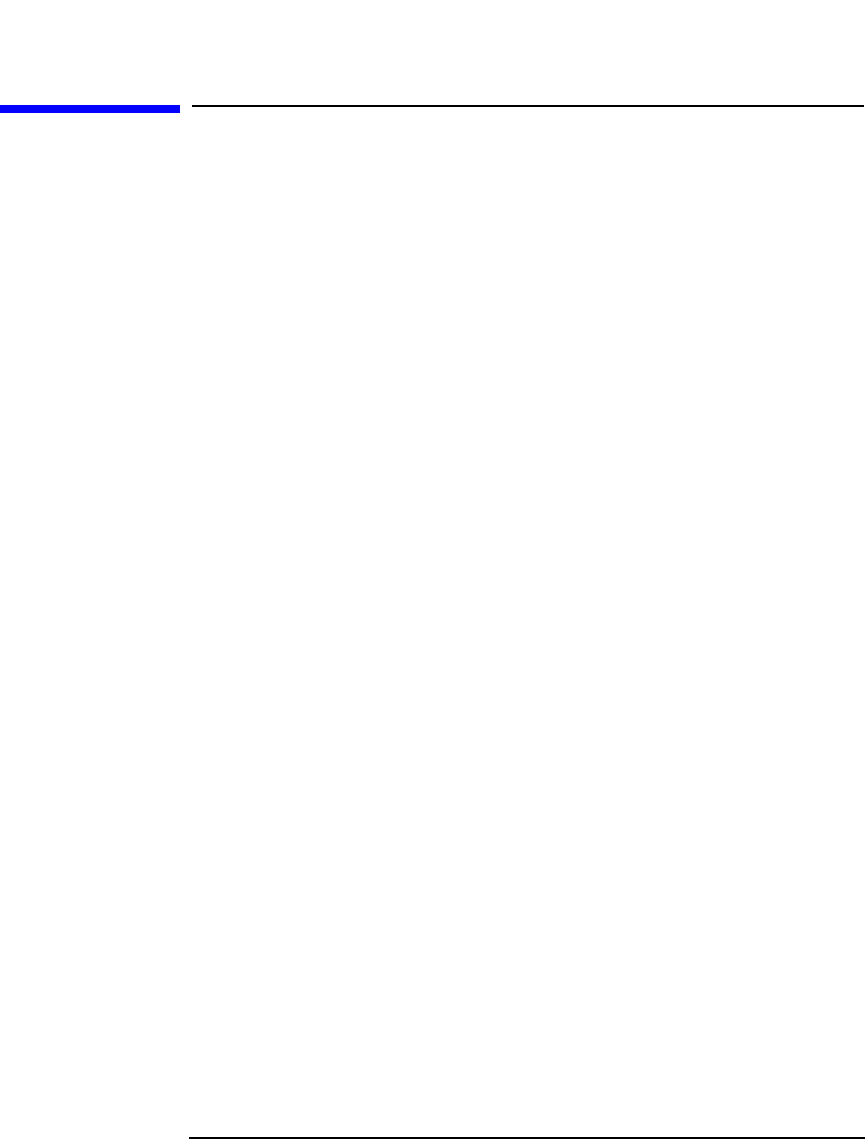
Configuring and Using Backup Devices
Drive Cleaning
Chapter 2 61
Drive Cleaning
There are several methods for cleaning dirty drives:
• Library built-in cleaning mechanism
Some tape libraries have a functionality for cleaning drives
automatically when a drive requests head cleaning. When the library
detects a dirty drive, it automatically loads a cleaning tape. However,
Data Protector is not notified of this action. This interrupts any active
session, causing it to fail.
This hardware-managed cleaning procedure is not recommended,
since it is not compatible with Data Protector. Use automatic drive
cleaning managed by Data Protector instead.
• Automatic drive cleaning managed by Data Protector
Data Protector provides automatic cleaning for most devices using
cleaning tapes. For SCSI-II libraries and magazine devices, you can
define which slots contain cleaning tapes. A dirty drive sends the
cleaning request, and Data Protector uses the cleaning tape to clean
the drive.
This method prevents failed sessions due to dirty drives, provided
that suitable media are available for backup. Refer to “Configuring
Automatic Drive Cleaning” on page 62.
• Manual cleaning
If automatic drive cleaning is not configured, you need to clean the
dirty drive manually. If Data Protector detects a dirty drive, a
cleaning request appears in the session monitor window. You then
have to manually insert a cleaning tape into the drive.
A special tape-cleaning cartridge with slightly abrasive tape is used to
clean the head. Once loaded, the drive recognizes this special tape
cartridge and starts cleaning the head.
Limitations • Data Protector does not support the diagnostic vendor-unique SCSI
command for performing drive cleaning with cleaning tapes stored in
one of the special cleaning tape storage slots. These special cleaning
tape storage slots are not accessible using the normal SCSI
commands, and therefore cannot be used with the automatic drive
cleaning managed by Data Protector. Configure the standard slot(s)



